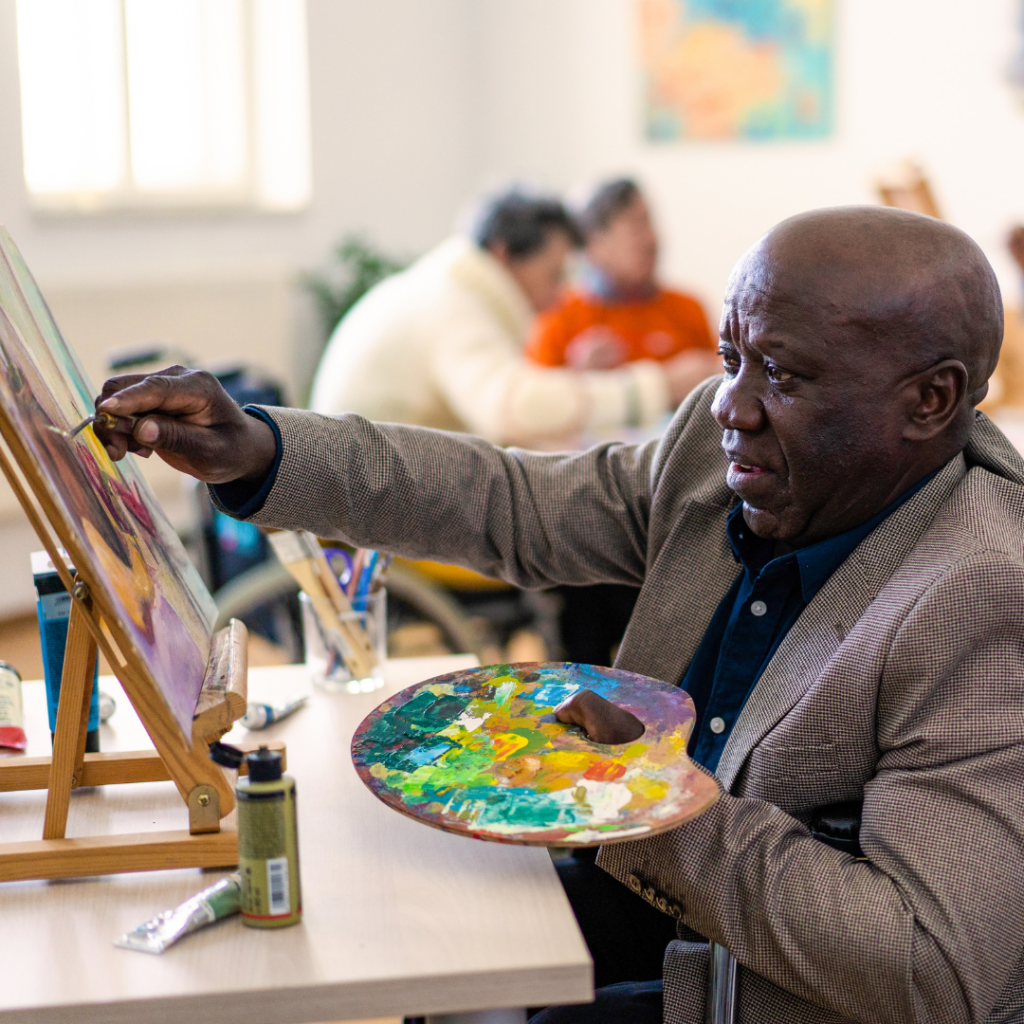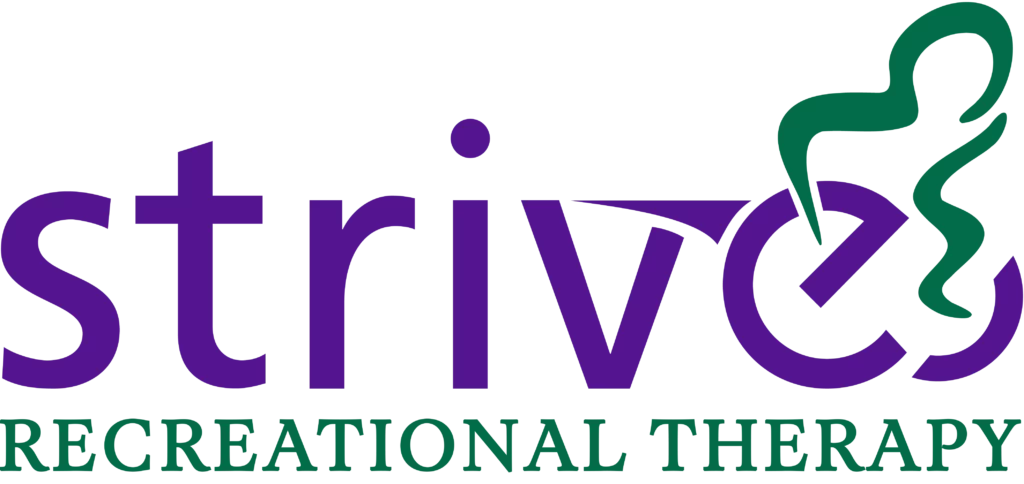As people age, many seniors face challenges that can significantly impact their quality of life. Physical limitations, mental health struggles, and financial constraints often create barriers for older adults trying to maintain an active and fulfilling lifestyle. One effective way to address these challenges is through recreational therapy, a service that promotes physical, emotional, and social well-being among the elderly.
Why Seniors Need Recreational Therapy
For many older adults, maintaining an active lifestyle is critical to improving their quality of life. Recreational therapy offers a unique solution by providing activities that are both enjoyable and beneficial for physical health. This includes exercises that enhance mobility, strength, and balance—key elements in preventing falls and maintaining independence.

Beyond physical benefits, recreational therapy also addresses mental health needs. Depression and feelings of isolation are common among seniors, particularly those with cognitive difficulties. In fact, older adults with cognitive challenges are far more likely to experience depression than their peers without such challenges. Recreational therapy helps combat these feelings by encouraging social interaction, providing a sense of purpose, and fostering a sense of belonging.
The Florida Case Study: A Growing Need
Florida is a prime example of the urgent need for recreational therapy services. As a top retirement destination, more than 20% of Florida’s population is over the age of 65, the highest percentage in the nation. By 2030, the state is expected to see an influx of 2.7 million more senior citizens. With this demographic shift, the demand for services that support older adults will continue to grow.
In Florida, many seniors face dual challenges: limited mobility and insufficient financial resources. Recreational therapy can provide a lifeline for those who struggle to access traditional fitness or wellness programs due to financial constraints or inadequate insurance coverage. For seniors without sufficient savings, the ability to participate in these programs can be life-changing, reducing the effects of aging and disability.
In-Home and Community-Based Solutions
Recreational therapy services can be delivered in various settings, each offering unique advantages. In-home therapy is particularly beneficial for seniors with mobility challenges or those who have difficulty leaving their homes. These personalized sessions allow seniors to work on therapeutic goals in the comfort and safety of their own environment. The familiarity of home settings can be comforting and help seniors feel more at ease while working toward improved physical and cognitive function.
Community-based programs, on the other hand, emphasize social interaction and involvement in group activities. This can help seniors maintain their social networks and build new relationships, which is vital for reducing isolation and maintaining a sense of community. Community programs encourage seniors to engage in local events and activities, promoting not just physical health, but also mental and emotional well-being.
A Holistic Approach to Aging Well
The benefits of recreational therapy extend beyond individual well-being. By helping seniors stay active, engaged, and mentally healthy, these programs can reduce the burden on healthcare systems. For example, improved mobility and physical fitness can prevent or delay the onset of more severe health issues, leading to lower healthcare costs in the long run.

Furthermore, recreational therapy programs offer opportunities for personal fulfillment. They empower seniors to explore new hobbies, set and achieve goals, and enjoy activities that bring them joy. This holistic approach to well-being ensures that seniors can lead meaningful and active lives, even as they face the challenges of aging.
Conclusion: Investing in Recreational Therapy for a Healthier Future
As the senior population grows, so too does the need for accessible recreational therapy services. Programs that focus on making these services available to all seniors, regardless of financial background, are crucial for promoting long-term health and well-being. By investing in recreational therapy, we can ensure that seniors receive the support they need to thrive in their later years, leading more active, engaging, and healthier lives.
Accessible recreational therapy is not just a luxury—it is a necessity that can transform the lives of older adults, giving them the tools to age with dignity and grace. Whether through in-home care or community-based programs, these services can create lasting positive impacts for seniors, their families, and the communities they call home.


